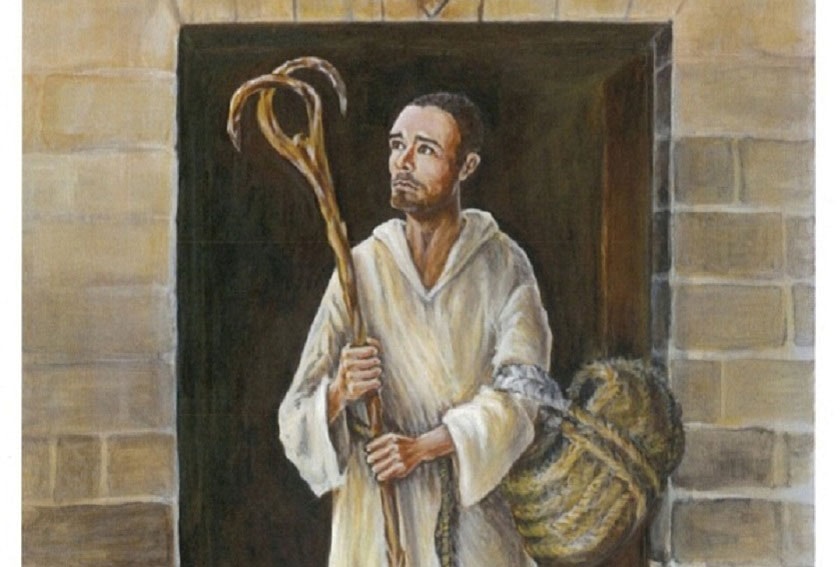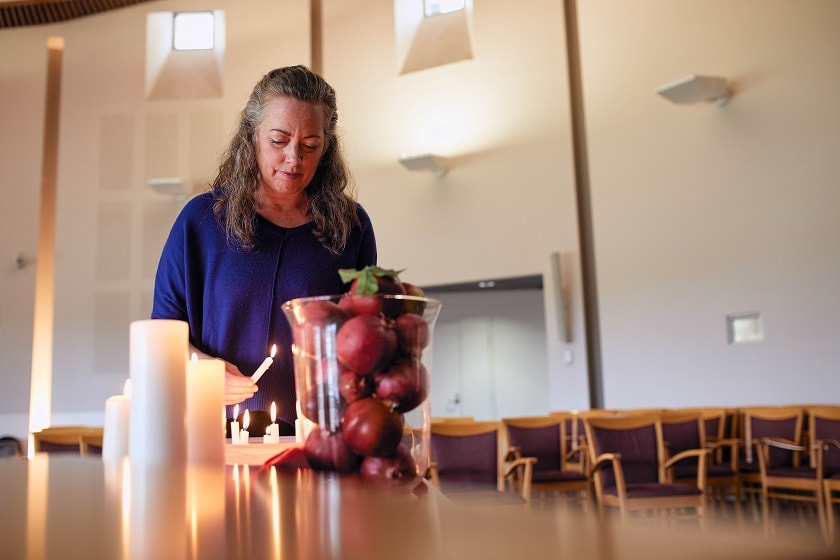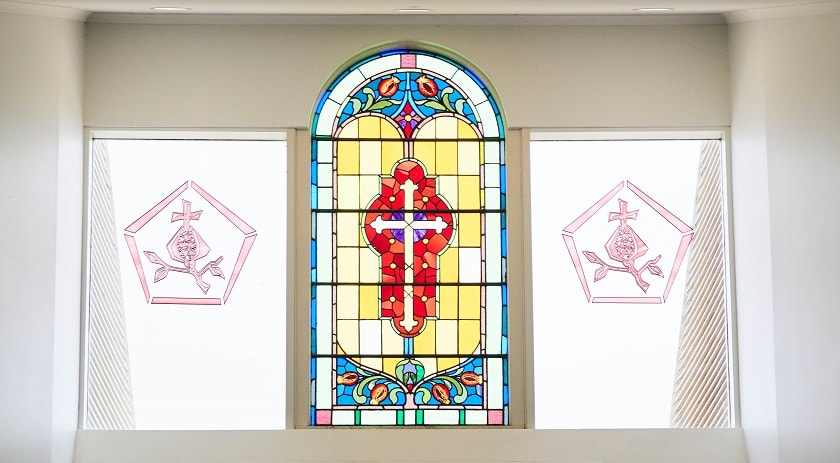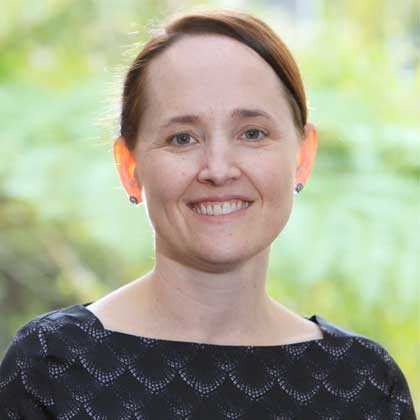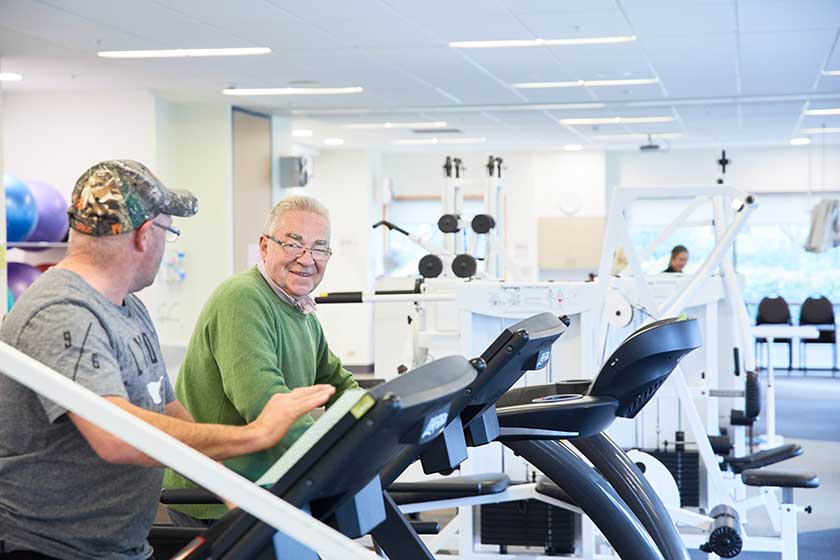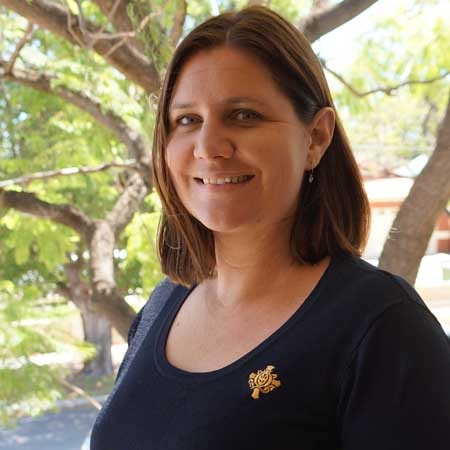In the lead up to Good Friday Jesus was, to use a contemporary phrase, ‘at the height of his powers’. Jesus had friends who loved him, was lauded for his messages of love, compassion, inclusion and equality, and esteemed and sought after for the healing he brought about in people’s lives. His life to that point had been one of loving service to others, inclusion of people that the rest of society ignored, healing people who were suffering physically, psychologically and spiritually, and modelling a deep respect, care and compassion for every person, especially those people that everyone else excluded.
And yet on Good Friday, we remember the events that saw even some of Jesus’ closest and most loved friends turn their backs on him. Leaders in the community who were threatened by his teachings and examples of inclusion, healing and respect for all people, even called for his death. Most perplexing of all, Jesus seemed to walk freely towards all of these events, knowing that to continue to heal and speak of love and inclusion may well lead to his torture and even death. Why would someone knowingly risk his own life and everything he had achieved?
What we can fail to understand is that Jesus’ efforts were never about securing respect, power, or influence for himself. Jesus’ work, teaching, healing and preaching were all centred on service and love for others. He was not interested in his own ‘success’ but of showing people that there was a radically different way to live: that loving and caring for others was a way to be happy in life, and to show that every person has a divine and unique dignity because each person is a reflection of God’s love for humanity and for our world.
But Jesus was not naive. The Gospel stories describe his experiences of fear, doubt, uncertainty and despair: Jesus felt the full human weight of our own experiences of loss and suffering. But he knew and trusted that God’s love for him was more powerful than any fear or doubt he experienced. And far more powerful than the power of those in his community who looked to silence him, erode his credibility, and retain power and influence for themselves.
Jesus models for us the very same selfless service, love and regard for others that we try to emulate each day. Through 2020 so many of our caregivers went to extraordinary lengths to care for people with COVID-19, knew the risks involved and even so, stepped forward because they would not abandon people in need of skilled, compassionate, loving care.
Just this week, our caregivers at St John of God Richmond Hospital and Hawkesbury District Health Service have stayed with their patients for days as flood waters rose, isolating the hospitals and communities, and yet continuing to care for patients while their own homes and properties were at risk.
This is the power, born of love and selfless commitment to others, that we remember and recognise at Good Friday. We remember that - just as Jesus was - that each of us is deeply and uniquely loved by God, and that whatever suffering we face in life, that we are never abandoned, never alone, and never without hope.
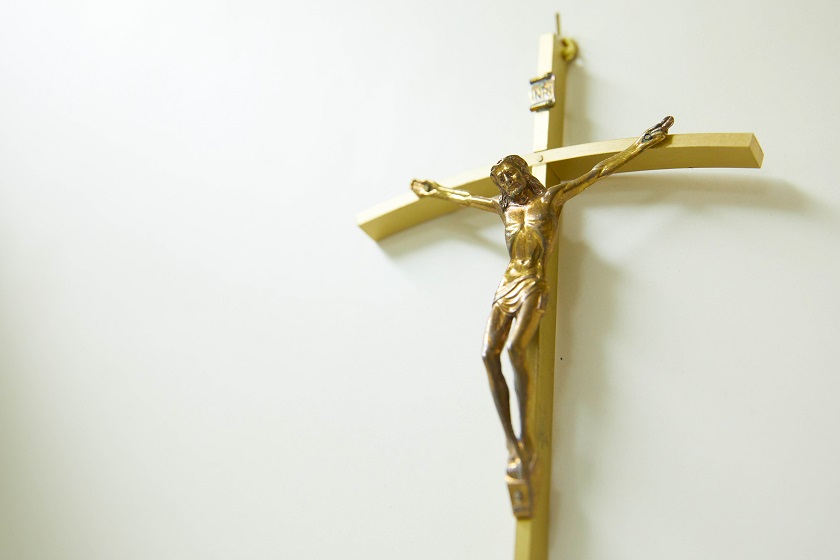
Group Director of Mission Integration Marcelle Mogg reflects on the events in Jesus’ life that are important to consider on Good Friday.


